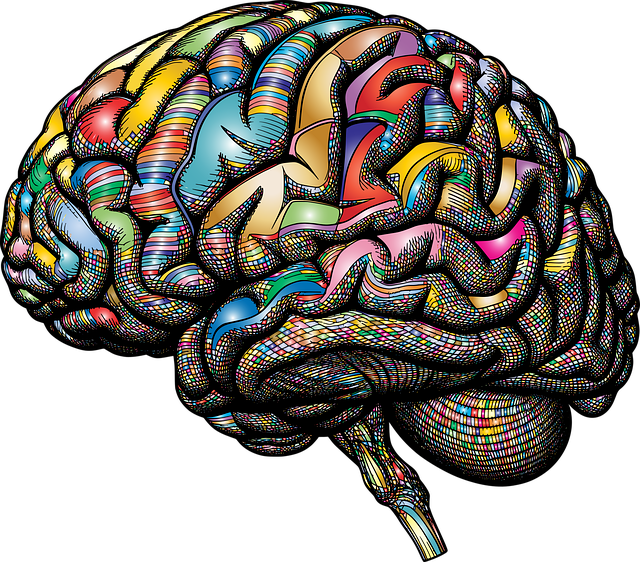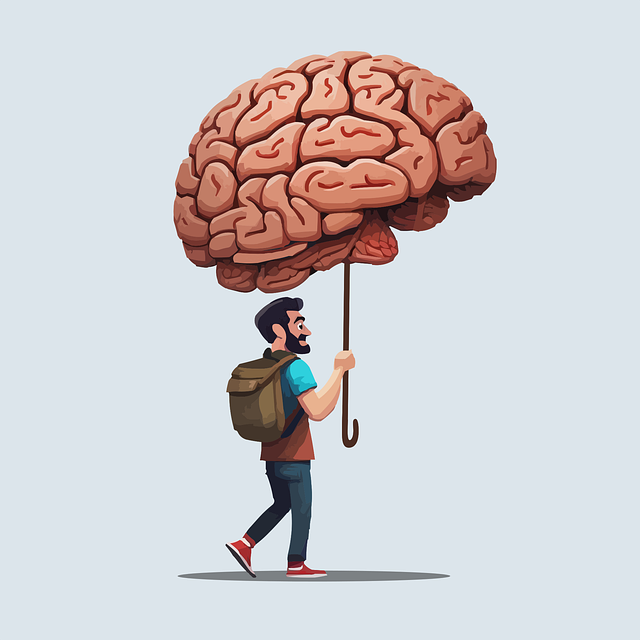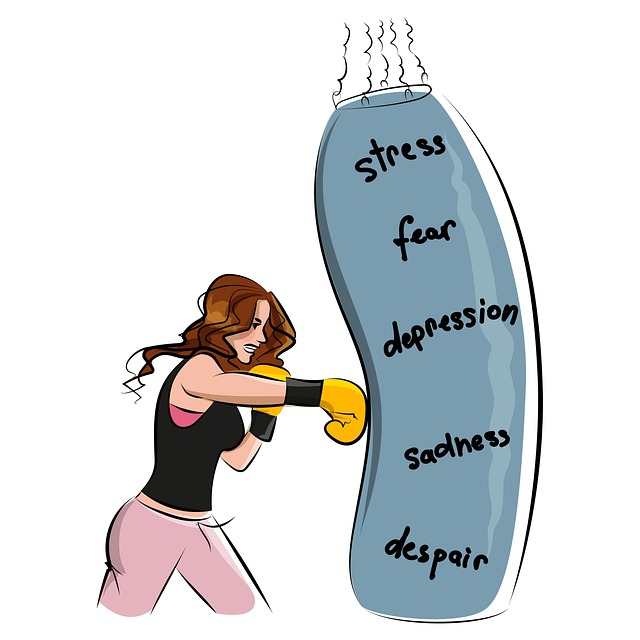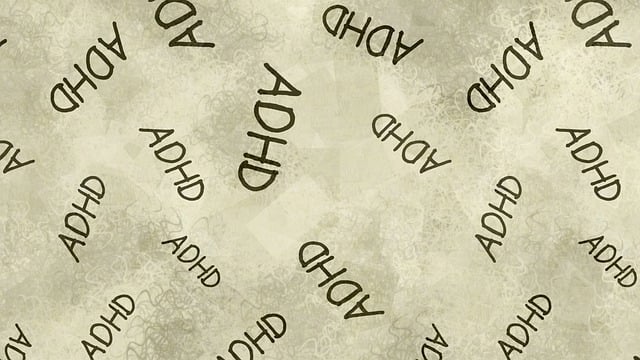Social skills are vital for well-being but often hindered by mental health conditions like Aurora Panic Disorder (APD) and Anxiety Attacks, leading to isolation. Effective APD and Anxiety Attacks therapy focuses on communication, cultural sensitivity, and inclusive environments. Training healthcare providers in cultural competency reduces stigma, encouraging individuals to seek treatment. APD causes include genetic factors, brain chemistry imbalances, trauma, and environmental stressors. Therapy addresses social withdrawal and burnout with tailored stress management strategies. Cognitive-behavioral therapy (CBT) and mindfulness practices challenge negative thoughts and gradually expose clients to social situations. Conflict resolution techniques and relaxation exercises enhance emotional intelligence and confidence in social settings, empowering individuals to reclaim their lives.
Social skills training is a powerful tool for managing mental health conditions, especially those linked to social anxiety. This comprehensive guide explores how understanding social interactions can alleviate symptoms of Aurora Panic Disorder and related challenges. We delve into the impact of anxiety attacks on social life and present effective strategies for developing essential social skills. Additionally, we highlight therapy approaches tailored for overcoming social anxiety disorders, emphasizing the importance of support in navigating these conditions.
- Understanding Social Skills and Their Impact on Mental Health
- Aurora Panic Disorder: Symptoms, Causes, and Challenges
- The Role of Anxiety Attacks in Social Interaction Anxiety
- Strategies for Developing Social Skills in Individuals with Mental Health Conditions
- Effective Therapy Approaches for Overcoming Social Anxiety Disorders
Understanding Social Skills and Their Impact on Mental Health

Social skills are a fundamental aspect of human interaction and play a pivotal role in our overall well-being. They encompass a range of abilities, from basic communication and active listening to non-verbal cues, empathy, and building relationships. For individuals living with mental health conditions like Aurora Panic Disorder and Anxiety Attacks, these social skills can be significantly impacted, leading to feelings of isolation and difficulties in daily functioning.
Understanding the importance of social skills is crucial in the context of mental healthcare. The ability to connect, communicate effectively, and engage socially can have a profound impact on recovery and overall mental health. Cultural sensitivity in mental healthcare practice and healthcare provider cultural competency training are essential components to address these challenges. By fostering cultural awareness, therapists and support systems can create inclusive environments that cater to diverse needs, ensuring every individual receives the understanding and care they deserve during their journey towards recovery. Public awareness campaigns development also plays a vital role in promoting the importance of social skills, reducing stigma, and encouraging individuals to seek assistance for their mental health concerns.
Aurora Panic Disorder: Symptoms, Causes, and Challenges

Aurora Panic Disorder, characterized by sudden and recurrent anxiety attacks, significantly impacts an individual’s quality of life. Symptoms include a racing heart, sweating, trembling, shortness of breath, and an intense feeling of fear or dread, often accompanied by a sense of detachment from reality. These episodes can last anywhere from a few minutes to an hour, leaving individuals experiencing profound distress and fear of future attacks.
The causes of Aurora Panic Disorder are multifaceted, encompassing genetic predisposition, brain chemistry imbalances, traumatic life events, and environmental stressors. For healthcare providers specializing in mental health, understanding these causes is crucial for effective therapy. Challenges faced by those with the disorder include social withdrawal due to fear of episodes in public settings, burnout prevention strategies becoming essential tools for managing daily life, and a need for tailored stress management workshops to enhance coping mechanisms. Integrating these insights into therapy, along with anxiety attacks therapy techniques, can substantially improve mental wellness outcomes.
The Role of Anxiety Attacks in Social Interaction Anxiety

Anxiety attacks play a significant role in amplifying social interaction anxiety, a common concern among individuals dealing with mental health conditions like Aurora Panic Disorder. These sudden and intense periods of fear or discomfort can make even routine social situations overwhelming. During an attack, symptoms such as rapid heartbeat, shortness of breath, and dizziness can significantly impact one’s ability to engage socially, leading to avoidance behaviors. Over time, this can result in a cycle where social interactions become increasingly challenging, exacerbating the underlying anxiety disorder.
Effective therapy for Aurora Panic Disorder and Anxiety Attacks involves addressing these symptoms directly. Therapies like cognitive-behavioral therapy (CBT) equip individuals with strategies to manage their responses during attacks, fostering more positive social interactions. Moreover, cultural competency training for healthcare providers is crucial in understanding the unique challenges faced by diverse populations with anxiety disorders. This, coupled with risk management planning, ensures that mental health professionals are equipped to support clients through these complex issues, ultimately promoting better outcomes and improved quality of life.
Strategies for Developing Social Skills in Individuals with Mental Health Conditions

Developing social skills is a vital aspect of recovery and well-being for individuals managing mental health conditions like Aurora Panic Disorder and Anxiety Attacks. Therapy can offer effective strategies to enhance these skills, fostering better connections with others. One approach involves gradual exposure to social situations, allowing them to practice interacting in a safe environment. This process helps reduce anxiety and builds confidence over time.
Crisis Intervention Guidance is essential here; therapists can teach techniques to manage anxiety spikes during interactions, ensuring individuals feel supported. Additionally, focusing on resilience-building activities empowers them to navigate social challenges. Burnout Prevention Strategies for Healthcare Providers can also benefit the support system by offering guidance on maintaining healthy boundaries and providing emotional support without sacrificing self-care, creating a sustainable care environment that encourages long-term recovery.
Effective Therapy Approaches for Overcoming Social Anxiety Disorders

Social skills training is a cornerstone in overcoming mental health conditions like Aurora Panic Disorder and Anxiety Attacks. Effective therapy approaches often focus on cognitive-behavioral techniques, which help individuals challenge negative thought patterns and gradually expose themselves to socially anxiety-provoking situations. By combining these strategies with mindfulness practices, clients can develop emotional intelligence, enhancing their ability to understand and manage their feelings during interactions.
Conflict resolution techniques are another valuable tool in this process. Training in assertive communication, active listening, and problem-solving skills enables individuals to navigate social situations more confidently. Moreover, building inner strength through relaxation exercises, such as deep breathing and progressive muscle relaxation, equips them to handle anxiety attacks that may arise in social settings. This holistic approach empowers those with panic disorders to reclaim their lives and foster meaningful connections.
Social skills training is a powerful tool for individuals facing mental health challenges, particularly those struggling with conditions like Aurora Panic Disorder and social anxiety. By understanding the impact of social interactions on mental well-being and employing effective therapy approaches, such as those targeting anxiety attacks, people can navigate social situations more confidently. Through targeted strategies and professional guidance, it’s possible to foster meaningful connections, enhance overall mental health, and improve quality of life.









